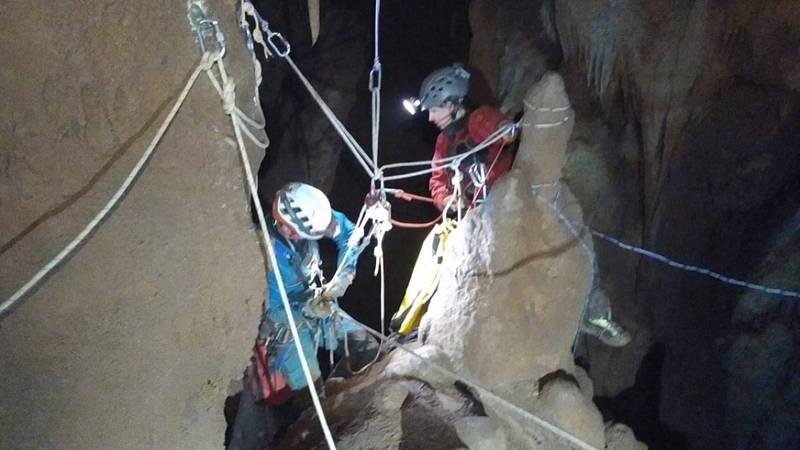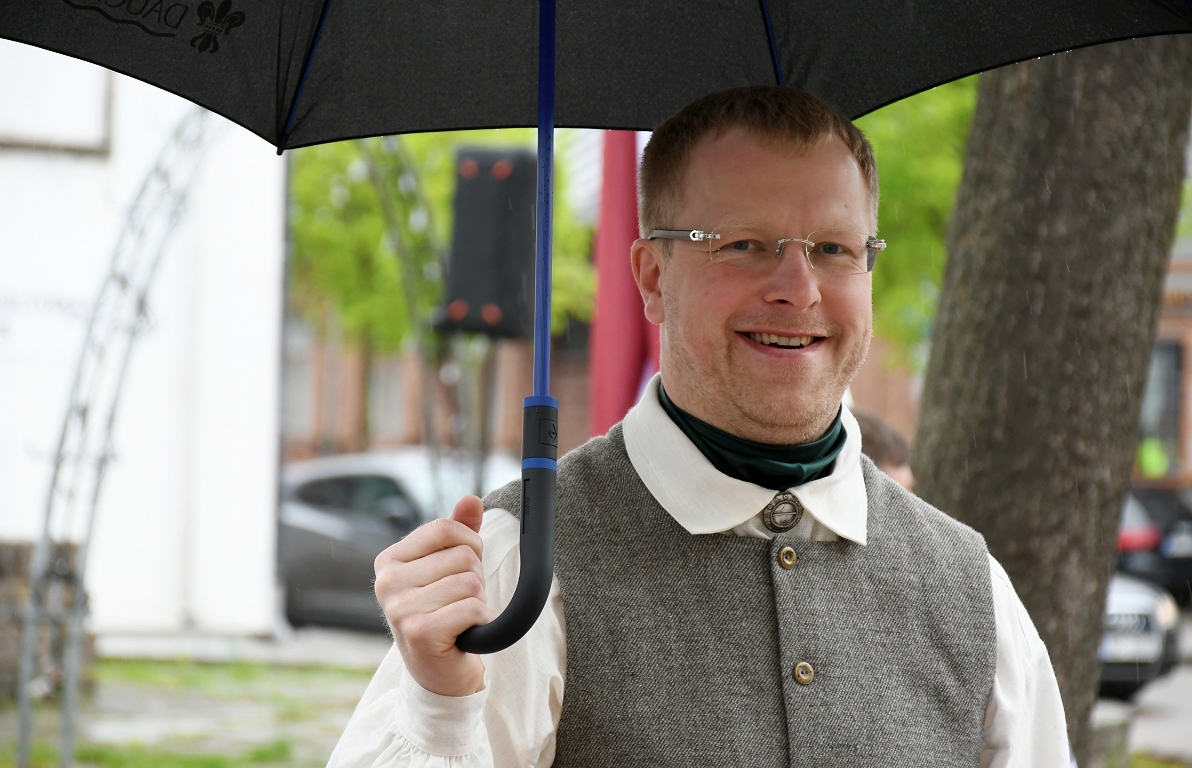« Super election year 2024 was characterized by disinformation and disputes »

In 2024, 1.6 billion people voted in a total of 74 national elections. It was a unique year in the history of democracy, a « super -election year ». Never has such a large part of humanity gone to the polls.
The Stockholm -based intergovernmental organization International Institute of Democracy Electoral Assistance (International Idea) has the task of measuring democracy development in the world. Now we have compiled our lessons from 2024, and the result is alarming.
Our data shows that The ability to carry out reliable elections in 2024 was one of the categories of democratic performance that, together with freedom of the press, decreased in the largest number of countries. Some examples:
● About 40 percent of all elections in 2024 that International Idea studied resulted in some form of dispute around the election result, from boycotts to certain participating parties questioning the election output.
● At at least 43 of the 54 – equivalent to 80 percent – national elections that International Idea followed closely during 2024, there was some kind of disinformation.
About 40 percent of all elections in 2024 that International Idea studied resulted in some form of dispute around the election result
● At least 13 percent of the elections were exposed during the election cycle to some form of cyberattack.
● At almost every third election (31 percent), alleged cases of electoral fraud, including voice purchases and financial irregularities, were noted in the electoral process.
To this list Can be added to the environmental hazards that are increasingly overturning choices. In 2024, at least 20 elections of climate events were disturbed in 15 countries. At least 30 election workers died of heat stroke in India last year under a heat wave, which is proof of how the climate crisis affects democracy in a significant way.
Also voter turnout, a pillar of democratic legitimacy, also exhibits a negative trend over time. Global turnout has dropped by almost 10 percentage points over the past 15 years.
The last two The presidential elections in the United States can be seen as a catalyst for the negative development. The conspiracy-charged « #stoptestteal » campaign to undermine a free and fair presidential election became viral 2020. Election denial has spread globally since then, with politicians who use similar false arguments to question credible results in such different places as Peru, Brazil and Brazil.
Sweden is very good in terms of free and fair elections. But it is also on a continent where the integrity of the whale is increasingly undermined, whether through disinformation in Moldova, foreign involvement in Romania and Germany or hard -handed executive involvement in Turkey.
In a time of democratic decline, the elections offer an opportunity for social renewal
But despite these Many challenges are also resistant in many places. In a time of democratic decline, the elections offer an opportunity for social renewal. In cases where a country has succeeded in reversing the decline – such as Poland, Slovenia, Guatemala or Brazil – it has happened due to a choice.
Democracy can be restored as long as the election routes for political change remain open. Protecting electoral integrity is therefore of crucial importance if democracy is to live another day.
Like many Public services – from water to electricity – we too often take the work of the electoral authorities for granted and expect them to make faultless choices, regardless of whether we invest in them or not. The reality is that these organizations need support from governments and communities to remain independent and innovative in times of radical changes and increasing threats.
As can be seen from examples from many countries, the survival of democracy may very well be dependent on it. It was the integrity of the local election courses that prevented the election result from 2020 to be undermined in the United States. It was Brazil’s Valtribunal that in many ways prevented the incumbent President Jair Bolsonaro from overtaking the presidential election in 2022.
Election authorities are often forgotten in the discussion about the threat to democracy, yet it is those who are in practice in practice the unpolitical guardian of democracy
How does the support look For the election integrity in practice? And what can Sweden do to support this democratic pillar?
Enabling mutual learning between the electoral authorities is a concrete step to take. Therefore, the International Idea and the Swedish government gather more than 40 election bodies from all over the world – from Mexico to Ukraine to Mongolia – in Stockholm in June to discuss how to renew and adapt in a world of artificial intelligence, cyberattacks, climate change and scarce resources.
Election authorities are forgotten Often in the discussion of the threat to democracy, yet it is those who in practice are the unpolitical guardian of democracy. With many democracies in decline, aid budgets under enormous pressure and a declining American global leadership on democratic issues, others need to step forward and take leadership.
Sweden has every opportunity to become fan carriers for continued cooperation. It is my hope that the meeting in Stockholm will not be an individual effort, but an accelerating factor for a long -term Swedish commitment to knowledge exchange and protection of the world’s electoral authorities.








